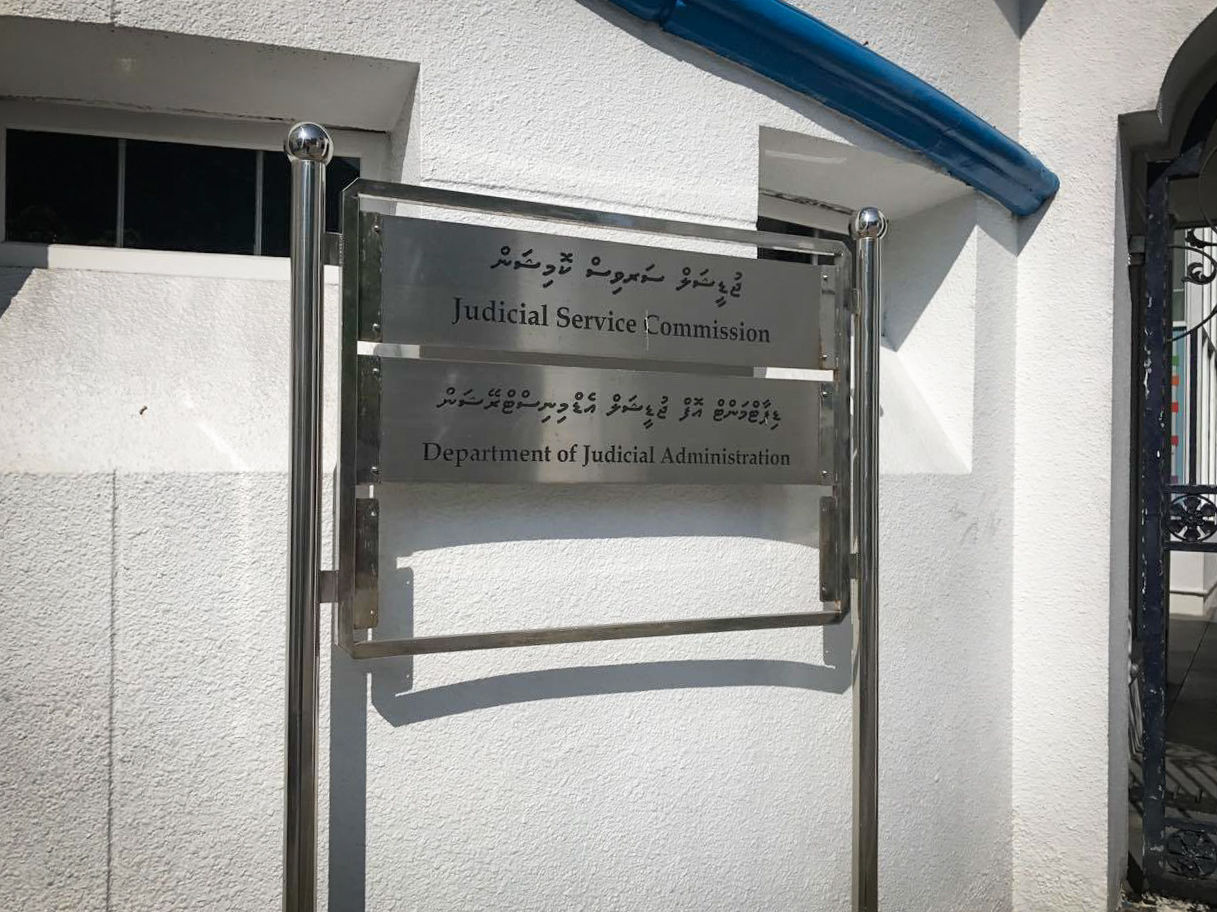Judicial administration bought vehicles at inflated prices
Three cars and a van were purchased at double or triple the actual cost.

24 Nov 2019, 09:00
An audit has flagged corrupt and fraudulent practices in the purchase of three cars and a van by the Department of Judicial Administration in 2016.
According to a special audit of vehicle purchases, taxpayers on average paid three times more than the actual value and the supplier lied to the DJA when asking for extensions to the supply date. The DJA also failed to complete necessary checks before extending the supply date on five occasions, the audit found.
The price for the vehicles was estimated at MVR724,632 (US$43,031) but DJA paid MVR3.1 million.
The department – which is tasked with management of the courts – paid MVR477,000 each for three Nissan March cars and MVR1.6 million for a Toyota HiAce van. Auditors found that the maximum price for the same model of car was at MVR250,000 and MVR500,000 for the van in the Maldivian market.
Become a member
Get full access to our archive and personalise your experience.
Already a member?
Discussion
No comments yet. Be the first to share your thoughts!
No comments yet. Be the first to join the conversation!
Join the Conversation
Sign in to share your thoughts under an alias and take part in the discussion. Independent journalism thrives on open, respectful debate — your voice matters.




